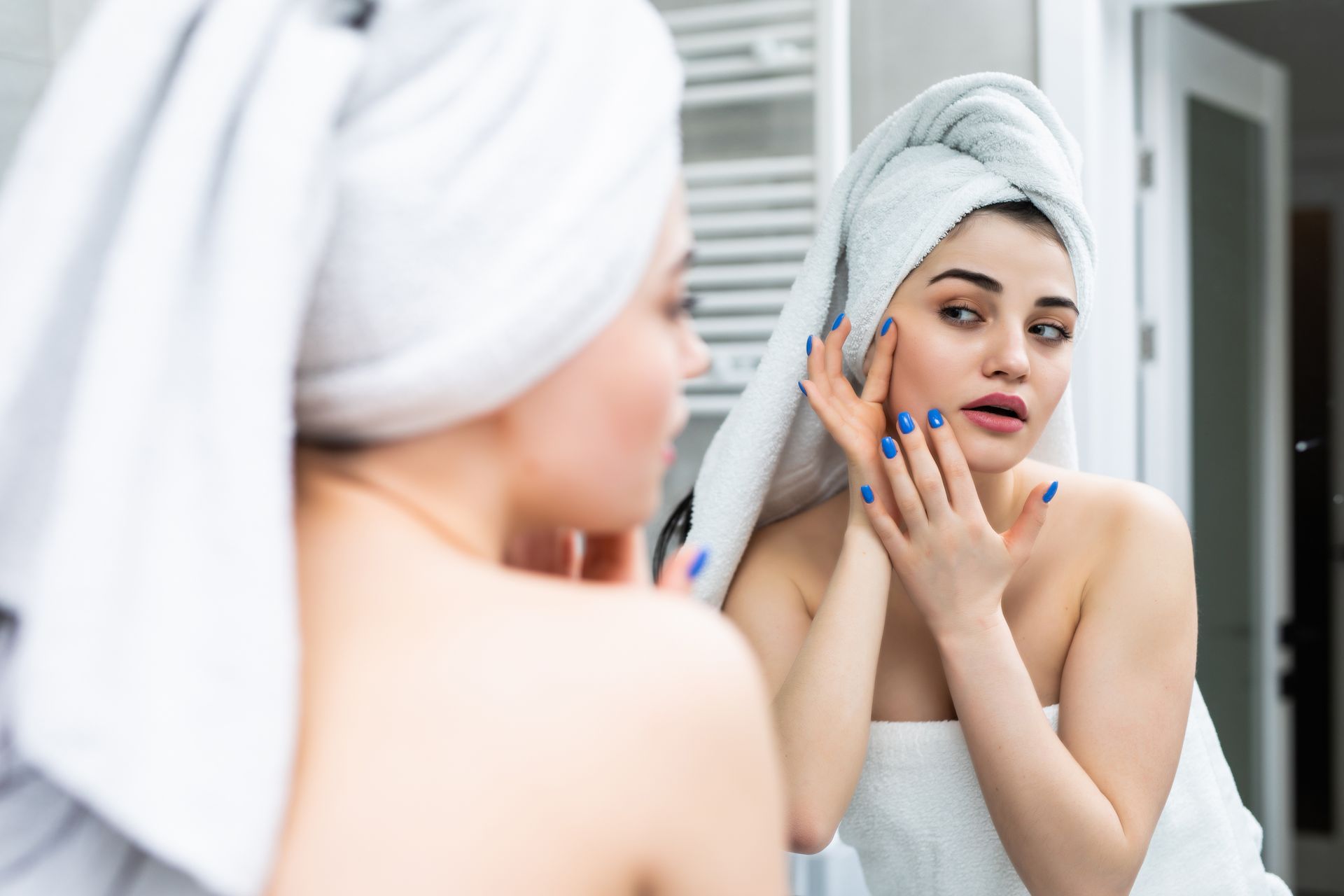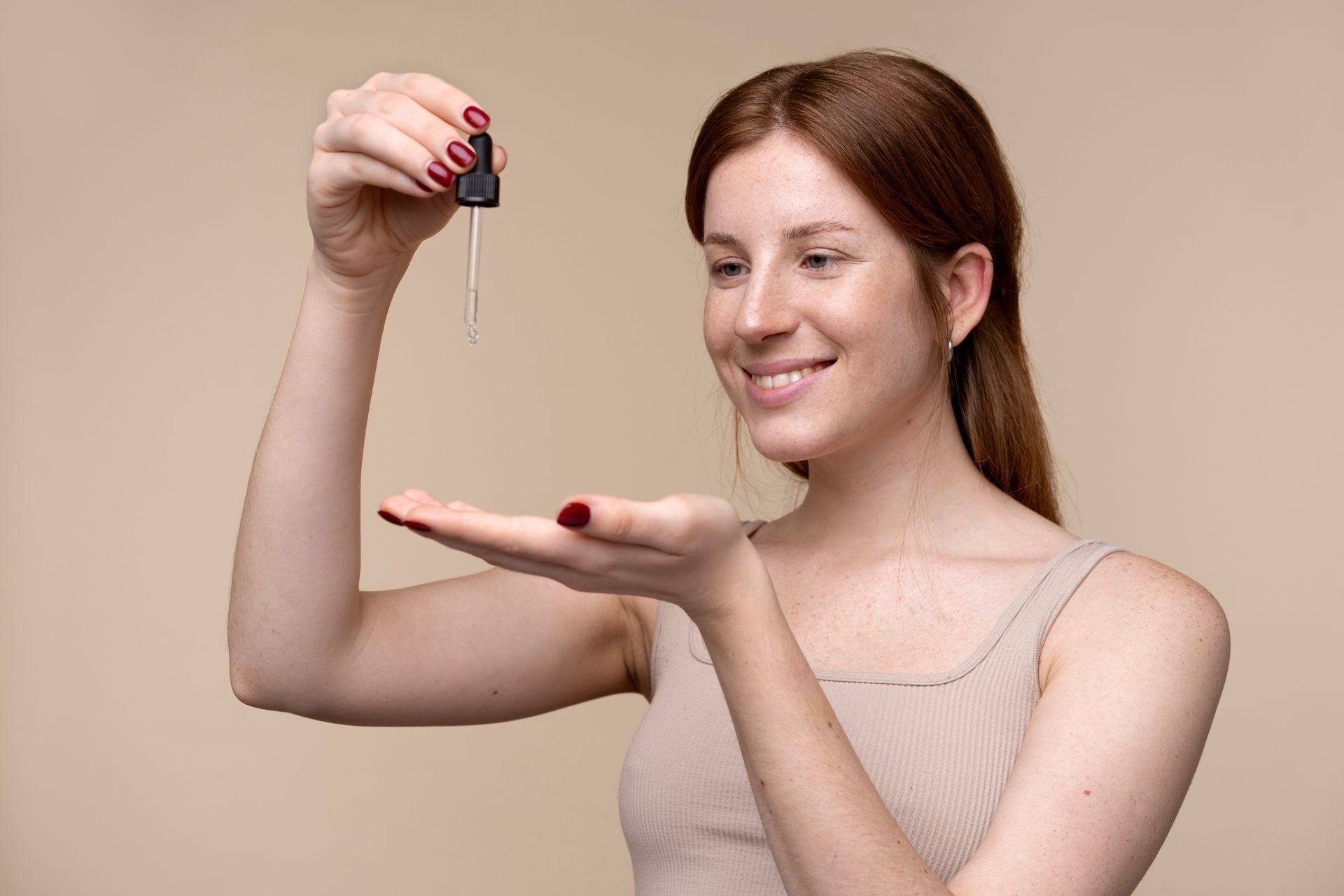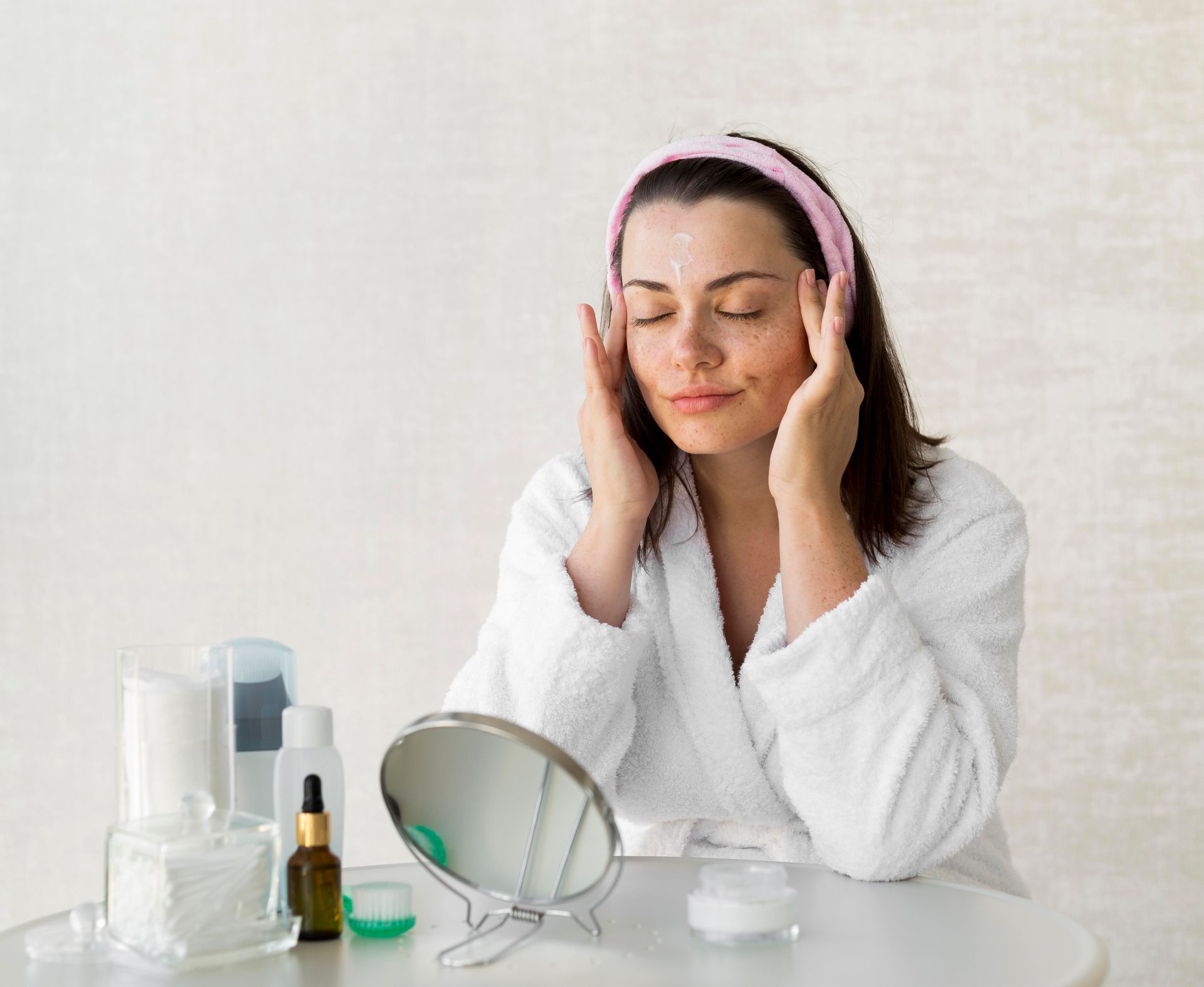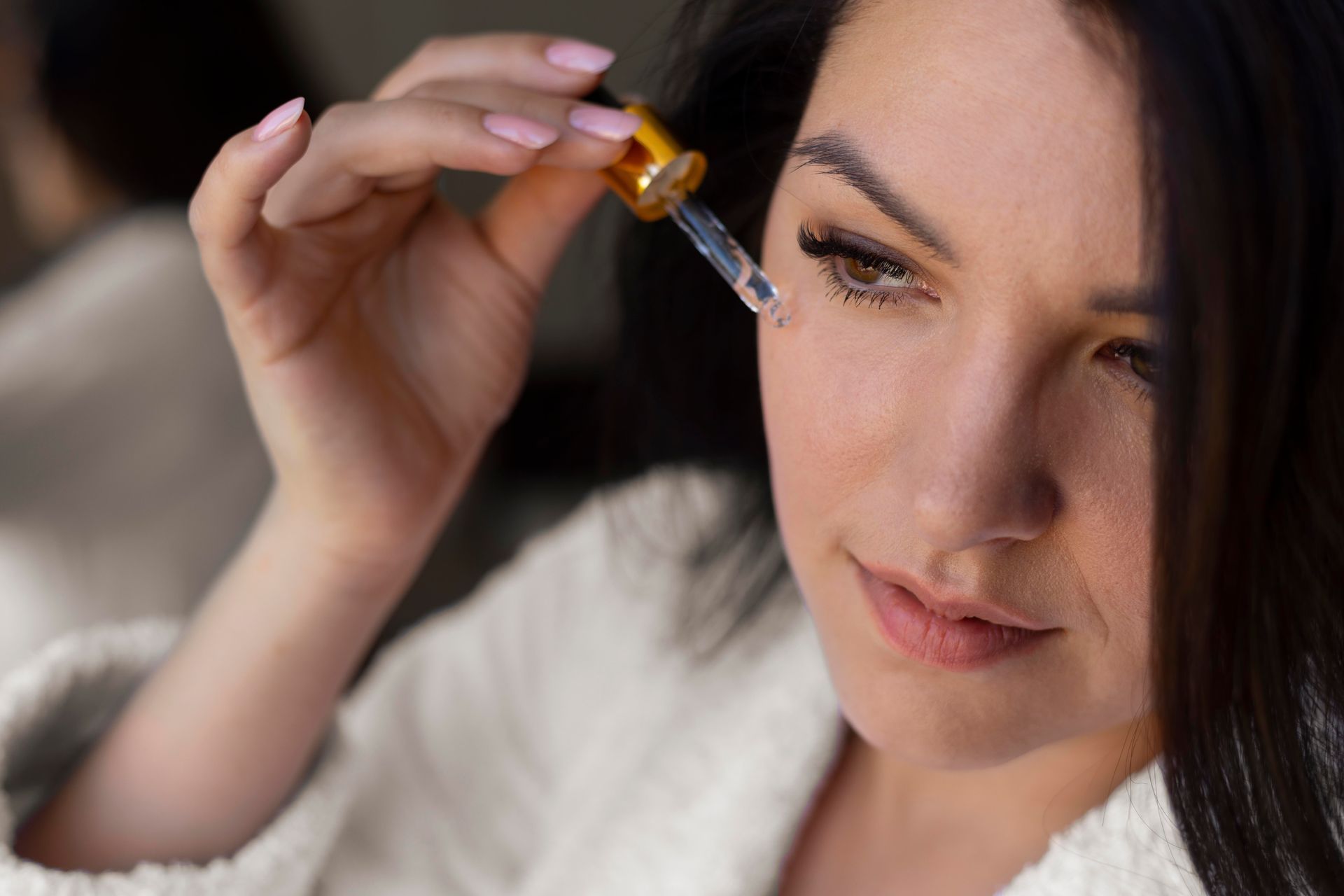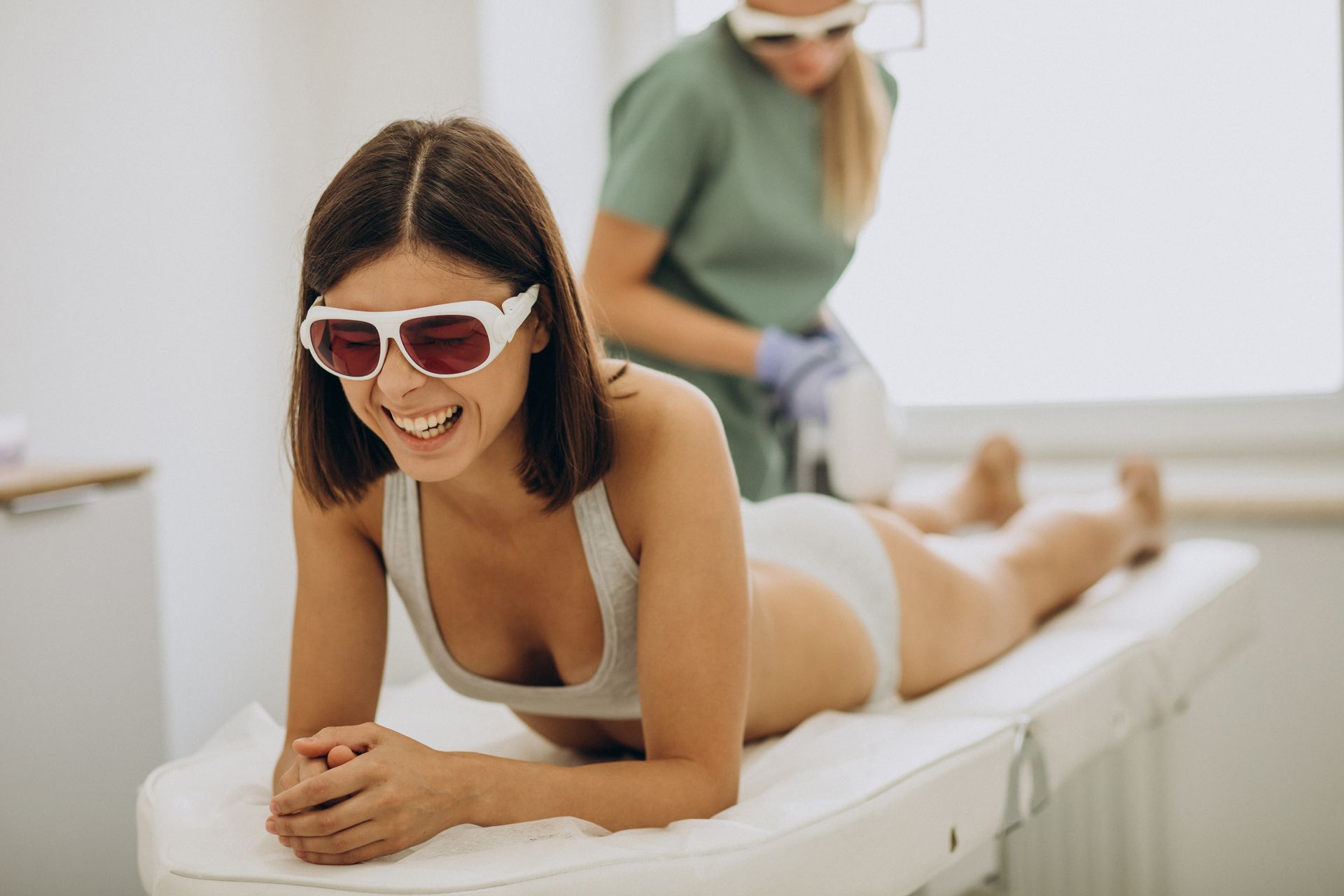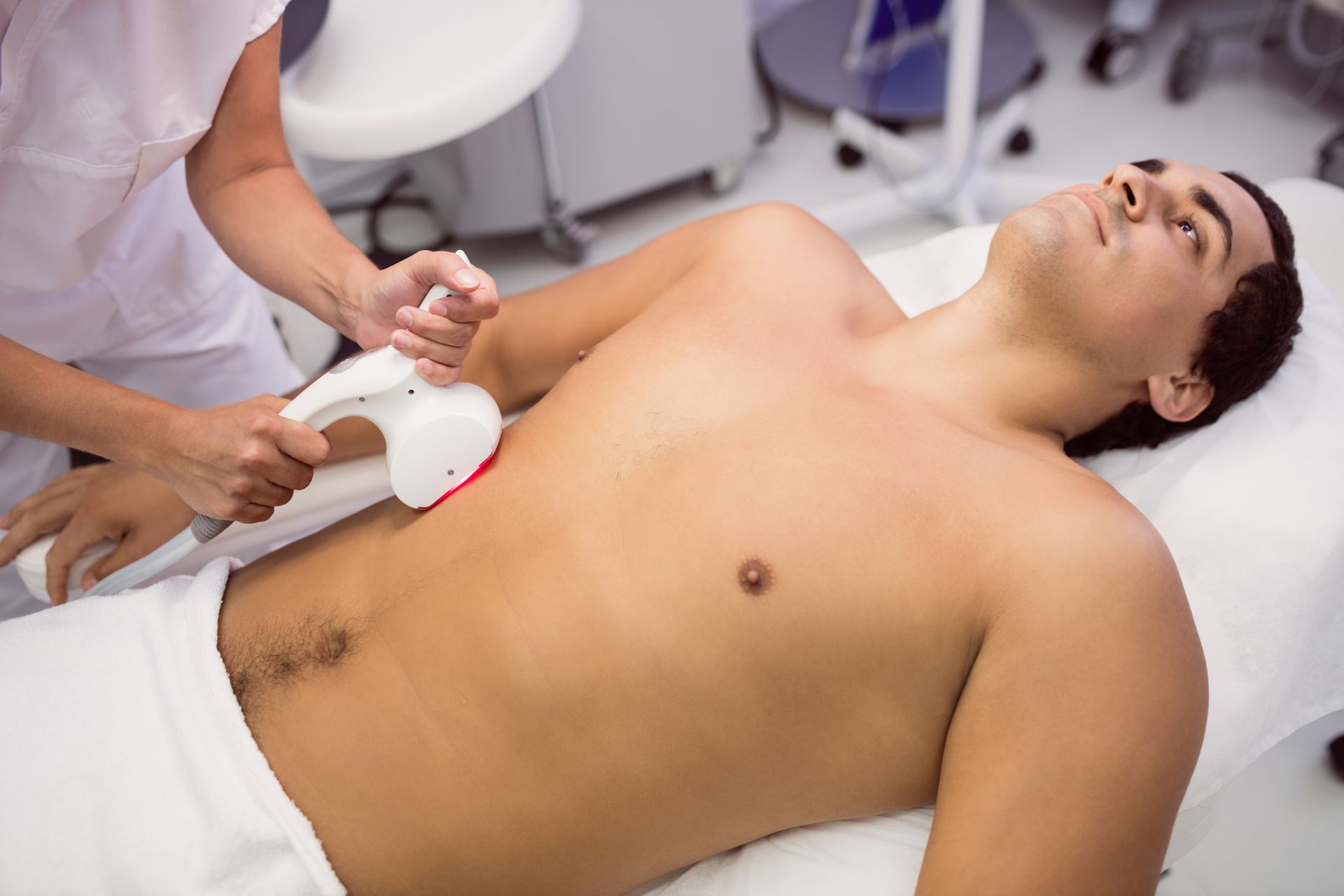How Does Laser Hair Removal Work on the Face?
Laser hair removal has become one of the most popular treatments for unwanted facial hair—and for good reason. It offers a long-term solution that’s more effective than shaving, waxing, or threading. But before diving in, it’s important to understand exactly how laser hair removal works on the face, what to expect, and how to get the best results.
This in-depth guide walks you through the science behind the process, its benefits and risks, and how to ensure you're fully prepared for your facial laser hair removal journey. Whether you're dealing with upper lip fuzz, chin hair, or sideburns, this article is your go-to resource for everything you need to know.
Can i wash my face after laser hair removal?
What Is Laser Hair Removal and Why Choose It for the Face?
Laser hair removal is a cosmetic procedure that uses concentrated beams of light to target and destroy hair follicles. The light is absorbed by the pigment (melanin) in the hair, which converts to heat. This heat damages the follicle enough to slow down or stop future hair growth.
The face, being one of the most visible and sensitive areas of the body, benefits greatly from this precise and controlled method. Instead of dealing with daily shaving or painful waxing sessions, laser hair removal offers a smoother, longer-lasting result.
How the Laser Targets Hair on the Face
Facial hair removal with lasers works best on hairs that are in their active growth phase, known as the anagen phase. This is when the hair is still attached to the follicle and rich in melanin, making it the perfect target for the laser. Since not all hairs are in the same growth phase at the same time, multiple sessions are needed to catch them all.
The laser is calibrated based on your skin type, hair color, and hair texture. Newer laser technologies have improved significantly and can safely treat a wider range of skin tones and hair types. However, coarse, dark hair on lighter skin remains the easiest and most effective combination to treat.
What Areas of the Face Can Be Treated?
Laser hair removal is commonly used on:
- Upper lip
- Chin
- Sideburns
- Jawline
- Neck (front and back)
- Forehead and between the eyebrows
Each session typically takes 10 to 20 minutes, depending on the size of the area being treated.
What to Expect During the Procedure
The process begins with a consultation to assess your skin and hair. Once cleared for treatment, you’ll be asked to remove any makeup or skincare products. The technician may apply a cooling gel to protect the skin and increase comfort.
As the laser pulses across the skin, you might feel a sensation similar to a rubber band snapping or a mild pinch. For facial areas, where the skin is more sensitive, this might feel slightly sharper—but most people find it tolerable. Cooling devices or numbing creams can be used to minimize discomfort.
The laser works in quick bursts and targets each follicle individually. The entire session is fast, and there is no downtime afterward.
How Many Sessions Are Needed?
Laser hair removal is not a one-and-done process. Most people require 6 to 8 sessions spaced 4 to 6 weeks apart to see optimal results. Because facial hair tends to be more hormonally influenced, such as chin or jawline hair, maintenance sessions may be needed every 6 to 12 months afterward.
Immediate Results vs Long-Term Gains
After each session, the treated hair will gradually fall out over 1 to 3 weeks. You may not notice drastic changes after the first treatment, but with each session, the hair grows back thinner, lighter, and more sparsely.
Patience is key. Laser hair removal is a gradual process, but the payoff is well worth it: smoother skin, fewer ingrown hairs, and less time spent on grooming.
Are There Risks Involved with Facial Laser Hair Removal?
Laser hair removal is generally safe when performed by trained professionals, especially in sensitive areas like the face. However, there are still potential risks:
- Temporary redness, swelling, or irritation
- Slight burning or stinging sensation
- Hyperpigmentation or hypopigmentation (especially if sun exposure guidelines aren’t followed)
- Rarely, blistering or scabbing
These risks can be minimized by choosing a reputable provider, following pre- and post-treatment care instructions, and disclosing any medications or skin conditions you have.
Who Is a Good Candidate for Facial Laser Hair Removal?
The treatment works best for those with dark hair and lighter skin, but advancements in technology have made it more accessible for people with darker skin tones and finer hair. If you're pregnant, using certain acne medications, or have very light (white, gray, or red) facial hair, you may not be an ideal candidate.
Always consult with a professional before starting treatment to determine the best course of action for your skin type and hair goals.
Pre-Treatment Prep for Better Results
To get the most out of your facial laser hair removal:
- Avoid sun exposure and tanning products for at least two weeks
- Stop waxing, tweezing, or threading 4–6 weeks before your appointment
- Shave the treatment area 24 hours in advance
- Avoid skincare with active ingredients (like retinoids or acids) for a few days
- Arrive with a clean, product-free face
Proper preparation reduces the risk of side effects and increases the efficiency of the treatment.
Post-Treatment Care Is Just as Important
After your session, your skin may feel warm and slightly sensitive. To help it heal:
- Apply a cool compress if needed
- Avoid sun exposure and wear sunscreen daily
- Skip harsh products and makeup for at least 24 hours
- Don’t pick or scratch the area
It’s also normal for treated hairs to appear as though they’re growing before they fall out—don’t worry, that’s part of the process.
Common Mistakes and Misunderstandings
Mistake 1: Expecting permanent removal in one session
Reality: It takes time and consistency to achieve noticeable, long-term results.
Mistake 2: Using skincare with harsh ingredients too soon
Reality: This can irritate your skin and lead to breakouts or burns.
Mistake 3: Skipping sunscreen
Reality: Your skin becomes more sensitive to the sun post-treatment, increasing the risk of pigmentation.
Is Laser Hair Removal on the Face Worth It?
For many, the answer is a resounding yes. While the upfront cost and commitment might seem intimidating, the long-term convenience and freedom from constant grooming are incredibly rewarding. Over time, you’ll spend less on razors, waxing appointments, and aftercare products.
If smooth, low-maintenance skin is your goal, facial laser hair removal is an investment that pays off.
Final Thoughts: A Smoother Future Starts Here
Laser hair removal on the face is a powerful, modern solution to a very old problem. It’s safe, efficient, and when done correctly, can dramatically improve your skincare routine and boost your confidence. Understanding how it works, preparing properly, and choosing a professional clinic are the keys to getting the most out of this life-changing treatment.
Whether it’s your upper lip, chin, or entire face—now you know exactly how laser hair removal works, and you're ready to take the next step toward smoother skin.


